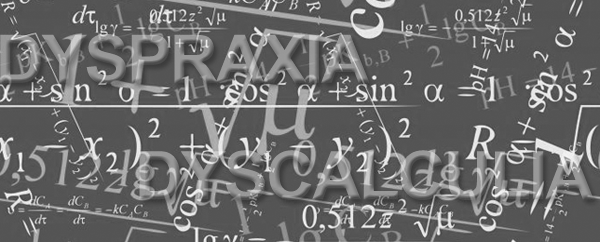We can offer:
- An initial screening and discussion to identify whether dyslexia is likely. It is recommended that you have a screening before booking a full assessment. The cost of this will then be taken off the assessment fee.
- A full dyslexia assessment which provides the information required for the government funding for workplace or university.
- Please see our Services page for the full range of Dyslexia services we offer.
Please contact us for prices.
If you would like to book a screening or assessment for yourself or an employee, please contact: info@midlanddyslexia.co.uk
Tel: 0121 2708828
Tel: 07415269774
We have fully qualified assessors, who are registered PATOSS members and who are able to assess to DSA and Access to Work requirements.
- Please see our Services page for the full range of Dyslexia services we offer.
Dyspraxia & Dyscalculia

Specific Learning Difficulties
Is dyslexia a learning difficulty
Most people don’t think of dyslexia as a learning difficulty, but it is often considered a learning difference. Although people with dyslexia may have difficulty with:
- • processing information
- • working memory (holding information and doing something with it)
- • phonological awareness (processing the sounds of words)
- • literacy (for example reading and spelling)
- • maths – this also requires some information processing
However, people with dyslexia often take a more creative approach and are often skilled in spatial and non-verbal reasoning or verbal reasoning skills. Many have great ‘people skills’ and can be good at verbal communication.
Dyspraxia Dyscalculia
Dyscalcula is a specific difficulty with processing numbers and numerical information. Often, people with dyscalculia struggle to grasp basic mathematical concepts and the notations used, for example the maths symbols which represent a mathematical action. An example of this is knowing that x represents the concept of multiplying two numbers together. The fact that many sums often require a lot of processing such as 2x2 can make them extremely complicated to someone with dyscalculia. The sum 2x2 requires someone to recognise that:
- • 2 represents the concept of two ‘things’
- • x represents the concept of ‘two lots of two’
- • then knowing how to actually perform the sum
These stages do not come naturally or automatically to someone with dyscalculia. They may have to draw it or write it down. They may forget how to work out the sum in future. Sometimes, if someone struggles with maths, they think it may be dyscalculia, but in actual fact, they have dyslexia, which is a more general difficulty with information processing.
